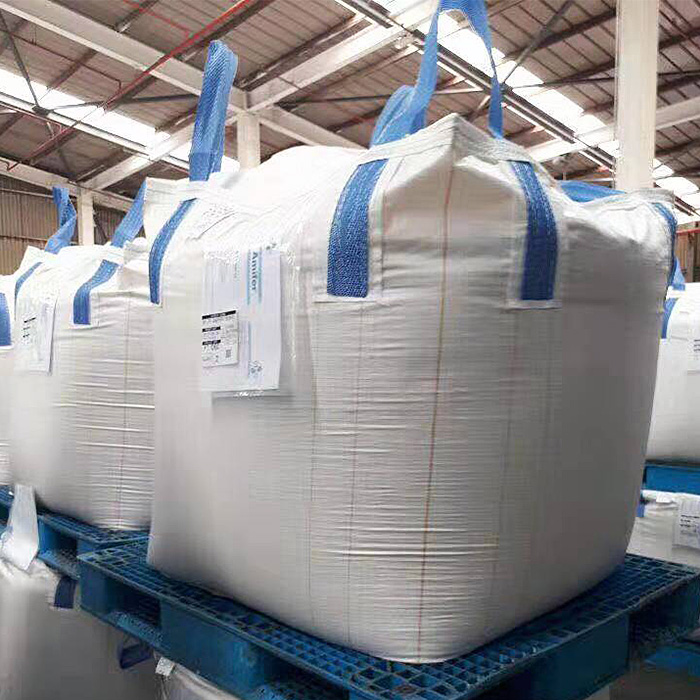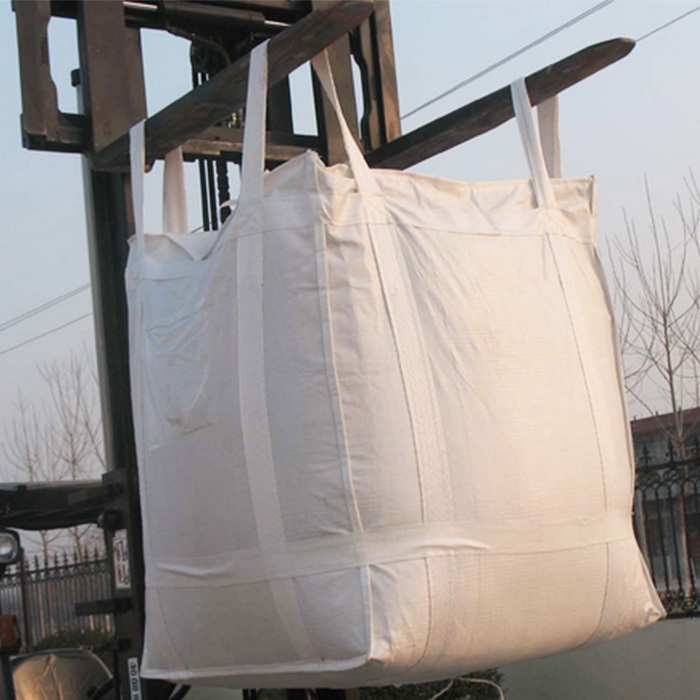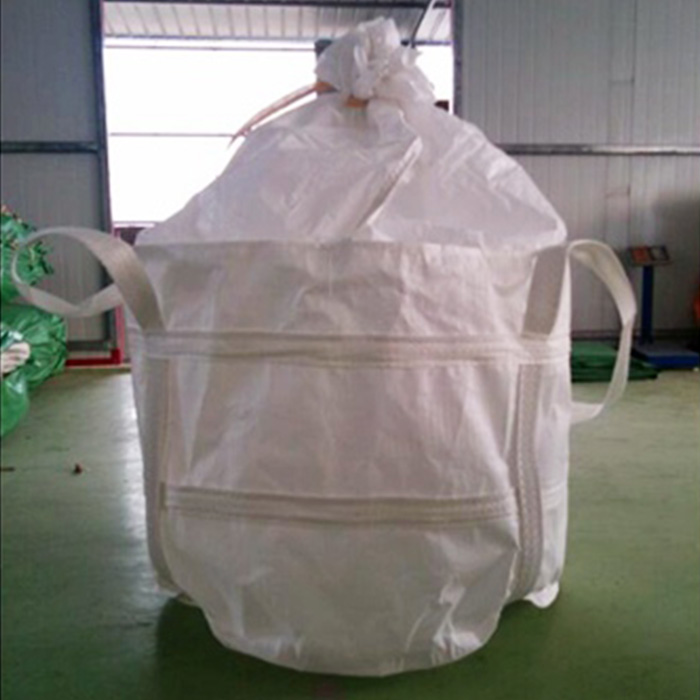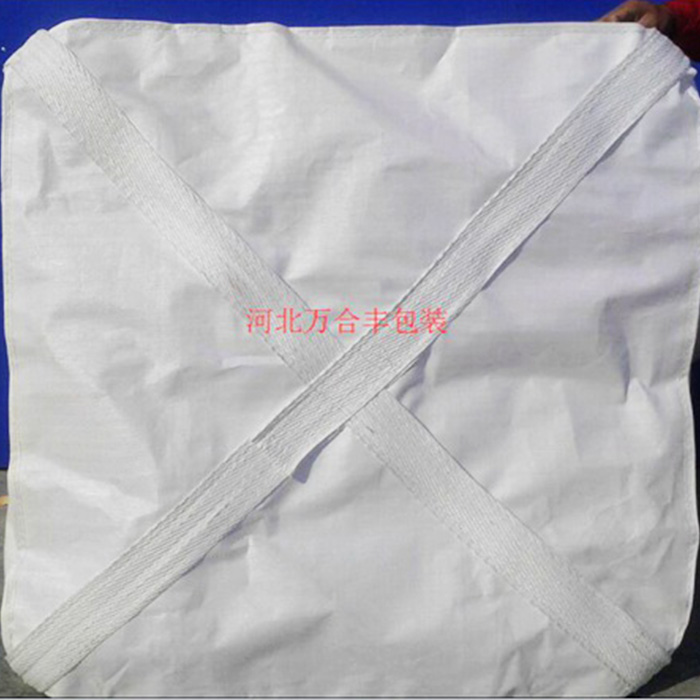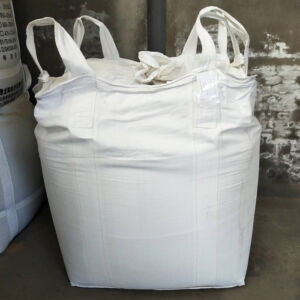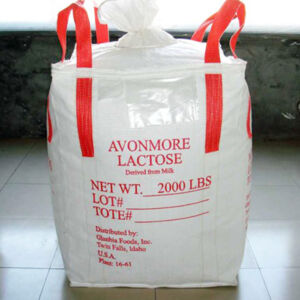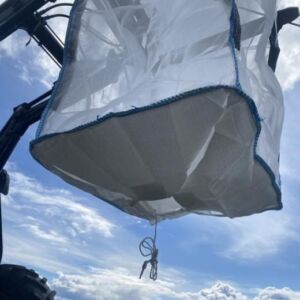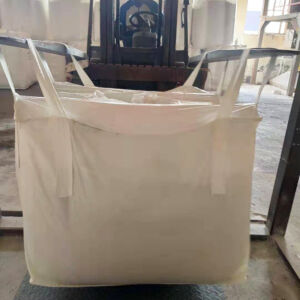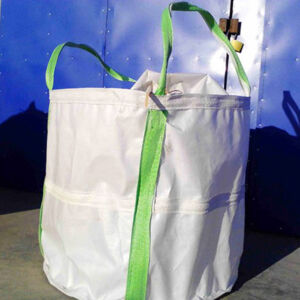Detailed Product Description
Mineral Container Bags
More in the form of four-corner rings or large-span rings, new PP materials, upper and lower openings, cross pockets or parallel pockets. Has a good stability. Loading of various iron ore, colored sand, industrial calcium powder and other materials.
To begin the process of selecting the size of a Jumbo bag, you must first take in to consideration the weight of the product and it’s bulk density. Lift loops can be sewn to the bag corners, or cross corner to allow fork lifts to easily insert the forks into the loops with ease.
Fill spouts come in a standard dimension of 14′ wide by 18″ long. However can be custom made to fit a specific filling machine. Discharge spouts come standard like the fill spout, 14×18. Although they should be wide enough to easily allow the material to discharge quickly. There are other types of bottom constructions for Jumbo bags, which include a plain bottom, conical bottom (which aids in the flow of product), Diaper bottom, or full open bottom.
Bags with liners are designed to prevent moisture from the product. The most common liners are tube liners, with a typical liner being made from polyethylene in a 3 mil. thickness. Liners can be sewn in to the fabric seams or tabbed in all 8 corners of the bag, which is a design that will prevent the liner from coming out of the bag during discharge.
Most bags are made with a 5:1 safety ratio for single trip bags with a standard safe working load between 500 lbs. – 4000 lbs., and a 6:1 ratio for multi-trip bags can go up to 5000 lbs. UN certified bags are tested to a 6:1 safety ratio. Jumbo bags can be made for food or pharma products as well.


